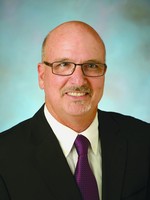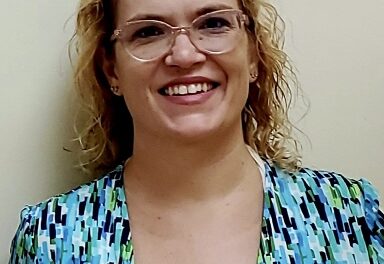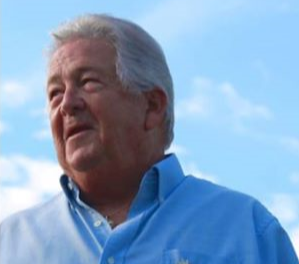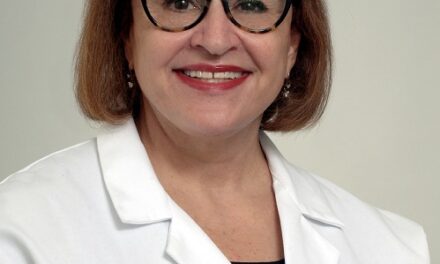Matt Gracey
By Vanessa Orr
There are many reasons why physicians choose to become expert witnesses testifying on behalf of plaintiffs or defendants in the courtroom, but what they may not realize is that they face an increasing number of risks when they take on this role. While historically these witnesses had immunity under the law, today that is no longer the case.
“While these witnesses had great legal protections in the past, those protections are now eroding,” explained Matt Gracey, managing director, Risk Strategies / Danna-Gracey. “It’s important to note that while many physicians assume that they are covered by their malpractice insurance policies or that they have very little liability when they serve as expert witnesses, both of these are incorrect assumptions.”
Why Become an Expert Witness?
According to Gracey, there are a number of reasons why physicians choose to become expert witnesses. As the average age of physicians is increasing, many older physicians follow this path as a way to alleviate the daily grind of patient care. Doctors are also natural learners and natural teachers, both of which serve them well by being expert witnesses.
“On the stand, they get to teach the judge and jury about different aspects of interesting cases, and that really appeals to them,” said Gracey.
COVID has also affected the medical profession, and doctors who had to close or limit their practices are looking for something else to do with their expertise. Becoming an expert witness doesn’t require any new licenses, though some states, including Florida, require them to register. The pay is good, too – expert witnesses can make $500-$1,000 per hour, which serves as a good primary or side income.
“In the highest form of expert witness practice, doctors are really furthering the practice of good medicine,” said Gracey. “If they are completely objective and ethical, they will often opine on bad medicine that needs to have light shined upon it, and in legal terms, be punished.
“They also don’t have to speak in legalese; they are asked to give their medical – not legal – opinions, and that fits hand-in-glove with what many doctors have the expertise to do.”
The Laws Have Changed
While there is a lot of literature written about recruiting expert witnesses, there is very little mentioned about the increasing liability faced by doctors taking this role.
“When you look at English law, for the last 400 years expert witnesses have had immunity,” said Gracey. “In 2011, the United Kingdom removed those immunities, and this was a huge move on their part.
“What has happened in the U.S. is that states are now chipping away at the longstanding doctrine of expert witnesses having immunity,” he continued. “Six states officially allow expert witnesses to be sued in some fashion, and it appears that many more are considering it.”
Some medical societies have also weighed in on the practice, with both the neurosurgical and orthopedic professional societies establishing programs to sanction members who give false testimony in courts of law or binding arbitration hearings.
“All around the country, we are seeing either a decrease in protections or discussions about decreasing protections,” said Gracey. “Many doctors believe that they have no liability whatsoever because of longstanding laws, but as society changes, so will the laws. It will start with egregiously false testimony, then chip away at erroneous false testimony.”
Because physicians are not covered under traditional liability insurance, they should look for stand-alone policies that specifically cover the role of an expert witness, noted Gracey. “With the amount of money they are able to make as expert witnesses, these policies, which are not costly, are only a small expense.”
For more information, contact Matt Gracey at (800) 966-2120 or visit www.dannagracey.com.





























